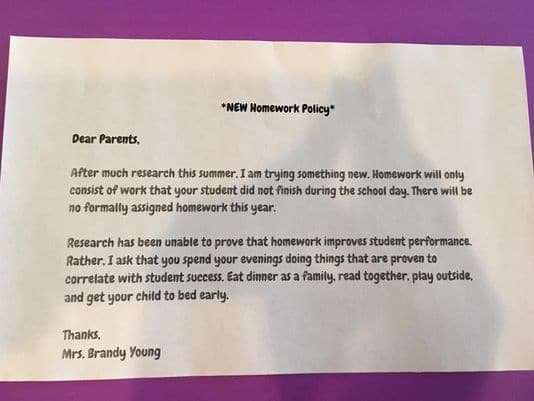Hello everyone! This post will be talking about developmental characteristics and how that affects teachers teaching the students.
It is very important to know where students are at developmentally so the class is not too hard or too easy. Finding the correct difficulty is something we addressed in class and found very important. If the content is out of reach of the student they will be more likely not to pay attention, and the same can be applied to a class that is too easy. Also in a previous post I stressed the importance of assigning the right amount of homework to students. This ties in with not making the class too hard because if a student is struggling in class and tries to do the problems on their own, they are going to be very discouraged. As educators we need to be encouraging not discouraging our students. With trying to determine where students are at cognitively, we can use Piaget’s theory of four stages of cognitive development. There are different types of cognitive tests to see where children are at in these stages. They are described in the video I have linked that I highly suggest watching.
There are other things outside of school that can affect student learning. This is expressed through Urie Bronfenbrenner’s model of how certain things in a student’s life can affect their schoolwork and personal lives. The picture I have added is his model for what affects a students’ life.
An example of this would be the parenting style of the person who is raising the student. Depending on the style of parenting the child is receiving will determine how the student will learn. If the parent is very strict the student will be more likely to follow structure. Where as some one who is raised with less rules might respond better to be more creative and doing things a different way than just following a strict structure, or they may need even more structure depending on the student. This can be demonstrated in the popular TV show “Modern Family.” Claire and Phil Dunphy raise their children with some less rules then some parents when Alex does really well in school and can structure her life. While Luke and Haley on the other hand needed more structure in school because they were too used to doing what they wanted. This show is just one example of how parenting can affect the student in school. I encourage you to take notice of this in your favorite family TV show the next time you watch.
The benefits of cognitive theories such as these are that it gives the teacher a greater understanding about where their students’ are at cognitively and personally. The limitation of this is that this then puts students into groups and starts to section off the class. However, in the future this can possibly used to have students help each other and challenge each other. This way the class wouldn’t be sectioned off; it would include group work across different levels of abilities.
Thank you for reading!
Citations
misssmith891.(2011, April 26). Piaget’s Stages of Development. https://www.youtube.com/watch?v=TRF27F2bn-A
(Image was found on Google)

